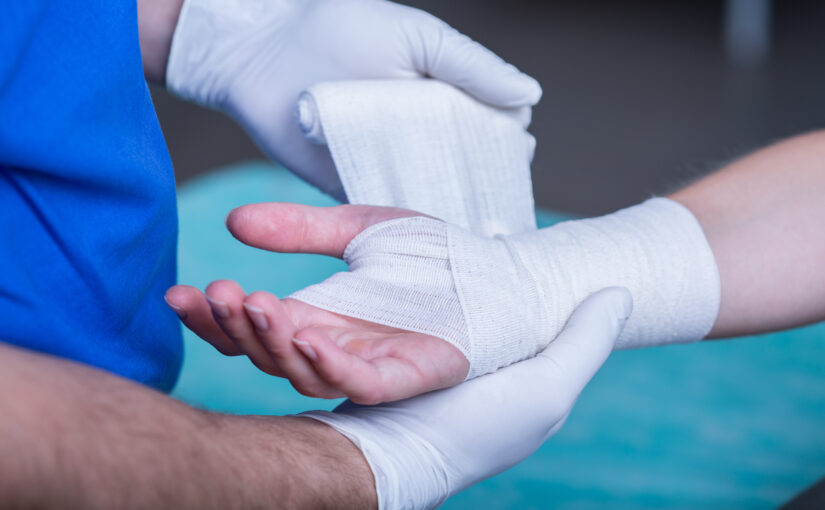The American Board of Wound Management (ABWM) designated June as Wound Healing Awareness Month (WHAM!) and June 12-16 as Certified Wound Care Specialists Week. The organization wants to raise awareness of wounds (aka pressure injuries), including challenges patients and practitioners face, and to promote certification for these healthcare providers.
A Few Not Fun Facts:
More than 7 million Americans live with chronic pressure injuries. There are no stats on how many of these are injured workers, but you can bet there are a lot.
Pressure injuries are dangerous. Without prompt and proper treatment, there’s a high chance of infection, hospitalization, and even amputation.
Complications can kill. People can develop infections, including sepsis, which ultimately took the life of “Superman” star Christopher Reeves. Approximately 60,000 people in the US die annually from pressure injury complications.
Wounds are hard to heal. Recovery is difficult even in a hospital setting. It’s especially hard in the uncontrolled environment of an injured worker’s home. The environment must be extremely clean and the injured worker needs proper hygiene and to eat a nutritious diet, plus they need to follow a pressure relieving program.
The Treatment Team
Treatment calls for a collaborative, multidisciplinary approach. There are physicians, surgeons, wound care nurses, wound care centers, wound care consultants, manufacturers, physical therapists, and occupational therapists, along with medical equipment and supply companies–to name a few. And these specialists need to talk to each other, sharing treatment plans and progress, so you also need care coordinators.
ABWM and other organizations provide wound care certification for some of these professions providers as well. You can compare the offerings here.
What Can You Do?
If you manage claims, take time to review those of injured workers who receive home health care, use wheelchairs extensively, are bedridden, or have other risk factors. Talk to case managers to see if patient-education reminders about nutrition or pressure relief techniques are in order. Should elevated seats or standing chairs be considered? If they have serious wounds, what can be done to improve hygiene and home cleanliness?
ATF Medical will help you find the right rehab technology for your particular injured worker. If you have a case that needs attention, please contact us at referrals@atfmedical.com.
Taking steps to foster healing or better–prevent–pressure injuries will save our injured workers from experiencing delayed recovery, tremendous pain, and dangerous complications – and save payers considerable time, worry, and money.
Also, whether you manage claims or not, please take time this month to thank the many providers involved in your patients’ wound care for their hard work.

